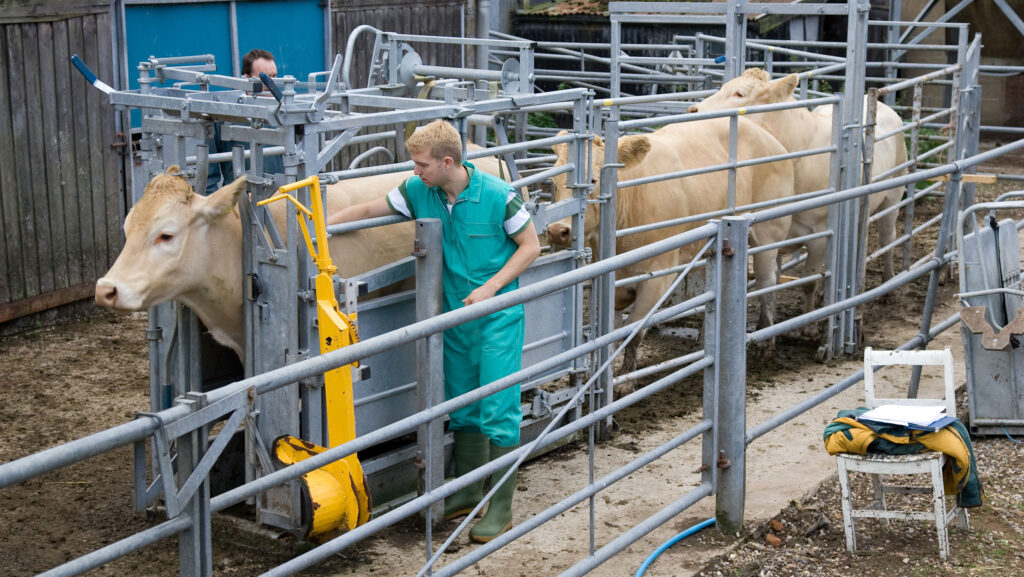Bluetongue cases hit 200 as zone extends in South West
 © Tim Scrivener
© Tim Scrivener The bluetongue restricted zone (RZ) in England has been further expanded in the South West, now covering Dorset, Wiltshire, and parts of Somerset and Devon.
This follows more than 200 confirmed cases of bluetongue across the country over the last six months, including further cases in cattle in Dorset on 14 February.
Farm businesses moving livestock out of the restriction zone are required to apply for pre-movement bluetongue testing for animals not going directly to slaughter.
See also: Schmallenberg strikes early lambing flocks across the UK
This is despite a small number of cases being confirmed outside the restricted area.
Tests are provided freely to farm businesses under current guidance; however, they do require farmers to apply for testing at least 10 working days before any planned moves and each test is typically administered by a vet.
Some restrictions have been eased since the UK entered a seasonally vector low period in January, however many restrictions remain in place.
Testing data
Defra confirmed to Farmers Weekly that, as of 10 February, almost 3,500 cattle and more than 4,000 sheep had received pre-movement tests.
This incurs a significant cost to taxpayers, with the current commercial testing fees set at £48 per PCR test sample and £26.50 per Elisa test sample, according to the Animal and Plant Health Agency (Apha).
A Defra spokesperson said: “Protecting farmers and their livestock is our top priority. That’s why we took prompt action to implement restriction zones to contain and slow the spread of bluetongue.
“We continue to keep restricted zones under review and urge farmers to remain vigilant and report any livestock they suspect have the disease to Apha.”
